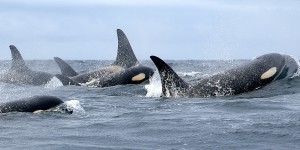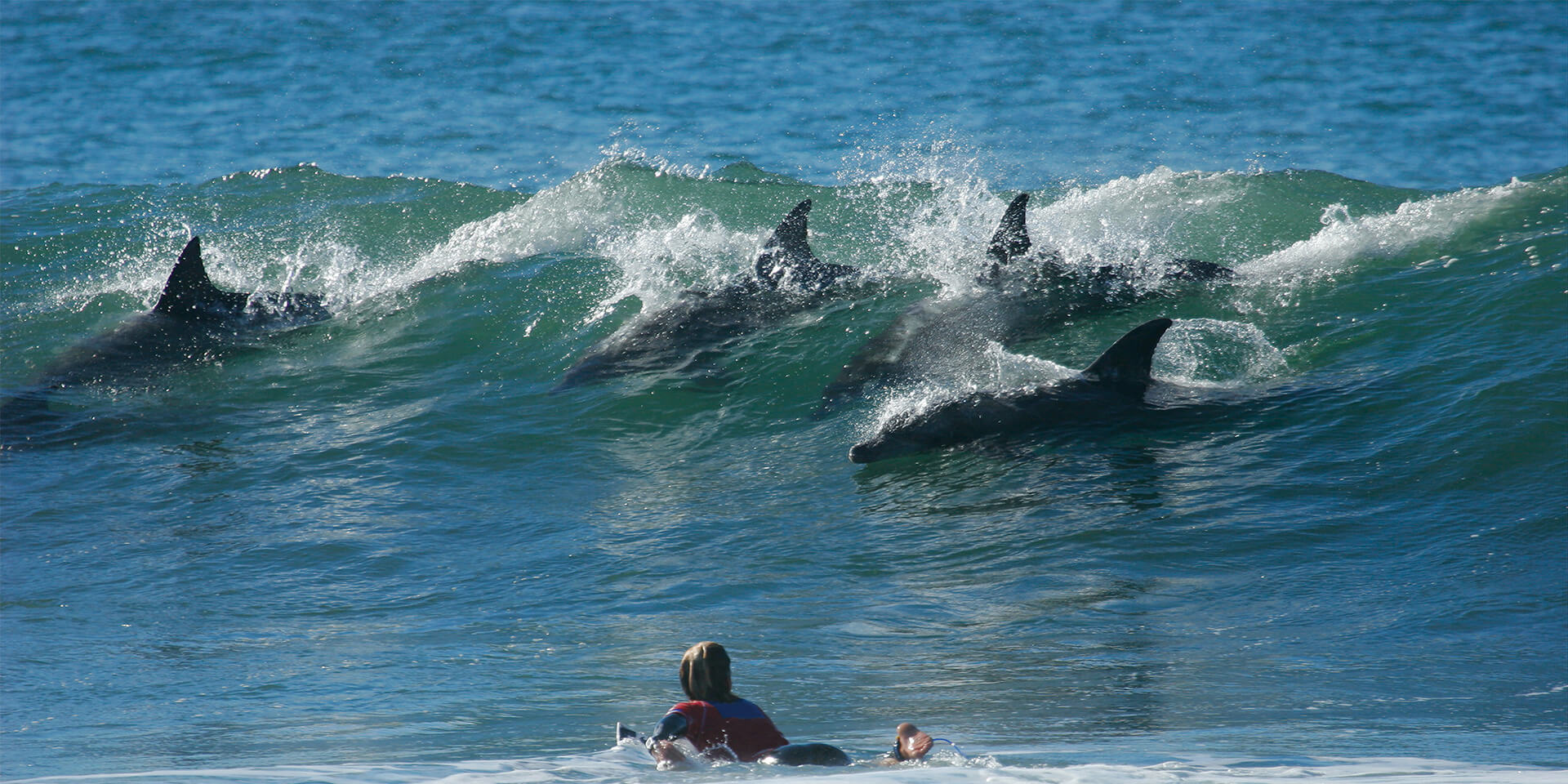Research Program – Proposal Requirements
Fiscal Year 2025 Grants
DEADLINES
Fiscal Year 2025 Request for Proposals
Pre-proposal submission : Monday, October 7th 2024 11:59pm EDT (CLOSED)
Invitation to submit full proposal: sent via email by November 5th 2024
Full proposal submission (invited applicants only): Wednesday, February 5th 2025 11:59pm EST
Award notification: sent via email by Thursday, July 31st 2025
***Funding Request Limit: $75,000 USD ***
Pre-Proposal Requirements
Pre-proposals will be accepted from all applicants. Pre-proposals do not have a required format, but they must be limited to two pages and each must include the following information:
- The name of the Principal Investigator (PI), as well as any co-PIs. Please include an email address and affiliation for the primary PI.
- The goals and objectives of the proposed work.
- How the proposed work addresses the funding opportunity topic.
- An estimated total budget, not to exceed $75,000. A detailed breakdown of project costs is not needed for the pre-proposal, but if you are invited to submit a full proposal, we request that your final budget be within 10% of your estimated budget (not to exceed $75,000).
- Include a two-page CV for the PI and each Co-PI. The CVs are not included within the two-page pre-proposal limit.
Full Proposal Requirements
***Full proposals will only be accepted from applicants invited to submit after the pre-proposal review period. Any full proposal submitted without invitation will not be reviewed.
Proposed projects must fit within our current funding opportunity and adhere to all proposal requirements. The body of the proposal must not exceed five pages using 12-point font, exclusive of cover page, references, budget, curricula vitae, and supporting materials.
Cover Page (limit 1 page)
- Title: The full title of the proposal. A shorter running title is optional.
- Principal Investigator (PI): Please list only one (corresponding) principal investigator even if your proposal team consists of two or more co-equal investigators and institutions (also see instructions for Curricula Vitae).
- PI Contact Information: Address, phone, website, and e-mail for the principal investigator.
- Financial Point of Contact (POC): An individual (with or without institutional affiliation, as appropriate) who will be responsible for contractual and fiscal matters. This may or may not be the same individual and institution listed as principal investigator.
- Financial POC Information: Address, phone, and e-mail.
Proposal Body (limit 5 pages)
- Abstract:Provide an abstract summarizing the project objective(s), and how the project will focus on the development of novel, low-cost approaches to 1) estimate minimum or total abundance of marine mammal stocks, and/or 2) estimate marine mammal mortality and serious injury, including approaches to estimate unobserved mortality, or assign mortality or serious injury to a source. Include a summary of how the proposed work would contribute to science-based management and policy including, but not limited to, the U.S. stock assessment process. Please limit the abstract to 300 words.
- Introduction, Background, or Problem Statement: Introduce and provide background on the topic of the proposed project. Provide a brief review of prior related efforts by the research team or others. Indicate knowledge gaps, shortfalls of previous efforts, or challenges to further progress and describe how the proposed effort will address these issues. Describe the importance of the proposed work, and how it addresses the funding opportunity topic. Be sure to include any background information on the current knowledge of population parameters and sources of M/SI for the species and geographic area the project will address. If the project involves development of tools or methods to estimate fisheries-related mortality and serious injury outside the U.S., provide details on the fishery/fisheries, a background of what is currently known about marine mammal bycatch in that/those fisheries, as well as information on current or intend export of seafood to the U.S. by operators in these fisheries.
- Goals and Objectives: Provide statements of both the general or broad goal of the proposed project and the specific objectives that will be addressed within the scope of this proposal to make progress toward that goal. Provide your view of the importance or significance of the project, and how it relates to the Commission’s mission and goals.
- Methods/Approach: Provide a detailed description of the approach and methods, including methods for data analysis, so that the reviewer can understand how you will address the specific objectives of the project. Describe any new methods or tools that will be developed, and any long-term data or time series samples to be used or contributed to. If you are not conducting original research but are developing a workshop, review panel, or other activity; describe the nature of the activity, the planned agenda or working format, likely attendees/participants, tentative dates and location of the planned activity, and how success of the activity will be measured.
- Anticipated Outcomes: Describe the short-term products and outcomes, those anticipated to occur within the scope of the effort and time span of the proposed project (e.g. one or more peer-reviewed journal articles, development of a model or method, an equipment prototype and report, completion of a workshop report).
- Research and Management Utility or Plans for Continuity of Newly Established Approaches: Describe the anticipated long-term utility of the project, any implications for future research and how it will contribute to future marine mammal population assessment, management, or conservation. Describe in more detail how the proposed work would contribute to science-based management and policy including, but not limited to, the U.S. stock assessment process. For projects addressing stocks that occur outside U.S. waters, summarize how this proposed project is applicable to marine mammal stocks that occur in U.S. waters.
- Research Permits: Specify whether permits, authorizations, and/or approvals (e.g., Animal Care and Use, Institutional Review Board for research involving humans participating as subjects) are necessary. If necessary to conduct the proposed research, provide details regarding whether permits or authorizations and/or Animal Care and Use approvals have been obtained. If necessary permits, authorizations, and approvals are pending, provide the status for obtaining them and when they are expected to be issued.
- Data management and accessibility: The Commission is committed to ensuring that the results of federally funded scientific research are made available to and useful for the public, industry, and the scientific community, as described in the February 2013 Office of Science and Technology Policy (OSTP) Memorandum on Increasing Access to the Results of Federally Funded Research, as well as the subsequent August 2022 OSTP Memorandum on Ensuring Free, Immediate, and Equitable Access to Federally Funded Research. Briefly describe how and when results and supporting data from the proposed project are expected to be shared. This should include plans for making publications or final documents accessible for the public free of charge, and for sharing of digital data and metadata resulting from research through an accessible data platform.
Budget and Time Line (limit 2 pages)
This section should provide sufficient detail to inform the reviewer of expenses or costs by general category (salary, equipment, supplies, travel, publication fees, overhead costs, miscellaneous) and by subtasks within the proposed effort, as appropriate. Include information on other sources of funding for the project, if applicable. For multi-year or multi-stage projects, include a timetable for completion of each phase as a means of gauging progress toward completion of the full proposed effort.
Curricula Vitae, Research Team Qualifications (limit 3 pages each CV)
Provide a curriculum vitae or short biography of no more than three pages for all key members of the proposal team (those individuals whose background and experience are essential to completion of the project), including their experience or expertise related to the subject proposal. Although there can be only one corresponding principal investigator (see Title Page guidance), multiple co-investigators can be included in this portion of the proposal, if desired.
Supporting Materials (Optional)
Supporting materials such as recent publications, short descriptions of relevant work in progress or recently completed, organization charts or timelines will be accepted but should be limited to information essential to understanding the significance, approach, and context of the proposed work. It is highly recommended that supporting materials be limited to fewer than 15 pages; the more material provided, the more difficult it will be for the reviewers to focus their attention on relevant matters in developing their evaluations. Only include supporting materials that are directly relevant to understanding and evaluating the proposed project.
Submission Procedure

Southern Resident Killer Whales are endangered, and environmental factors such as prey availability and pollution threaten the health of this population. (Holly Fearnbach, NOAA)
Please read the current funding opportunities and proposal requirements pages in full before applying. Instructions for submitting pre-proposals are available on the current funding opportunities page.
Proposals must adhere to the instructions and requirements described above. Proposals should be submitted electronically in MS Word or Adobe PDF format. All applicants are required to have a current registration and a Unique Entity Identifier (UEI) in the System for Award Management (SAM) prior to submitting an application. Note: as of April 4, 2022, the UEI has replaced the DUNS number as the official unique identifier for entities doing business with the U.S. government.
Policy on Indirect Costs
The Commission recognizes the significant costs associated with the maintenance of research programs and the institutions that support them. However, due to the limited funding available for research and conservation awards and the nature of the Commission’s goals and responsibilities, the Commission limits indirect costs for research grants and contracts awarded by the Commission to ten percent (10%) of the direct costs unless the submitting entity already has a federally negotiated indirect cost rate. Indirect costs, or overhead, include, but are not limited to, operation and maintenance of facilities, general and departmental administration, and library expenses.
Eligibility
Applicants from both within the United States as well as outside the United States are eligible to apply, including both non-U.S. citizens and those affiliated with non-U.S. institutions.
